
A team based shooter game developed by Stanion Studios
There are currently over 5.25 trillion pieces of plastic waste in our oceans. As a
result, over 100 million marine animals die each year.
When combined with climate disruption, oil and gas exploration, offshore fracking, oil
drilling and refinery spills, nuclear weapons testing, floods of sewerage from every
country on earth, pharmaceutical and industrial waste, factory pollution dumping,
farming pesticides runoff, pulsing walls of military sonar, overfishing, commercial
shipping, acid rains that change ocean pH, coral bleaching, and many other manmade
issues, the critical state of the world’s oceans and their inhabitants is one of the
world’s biggest and most pressing issues today. We are killing the planet’s oceans.
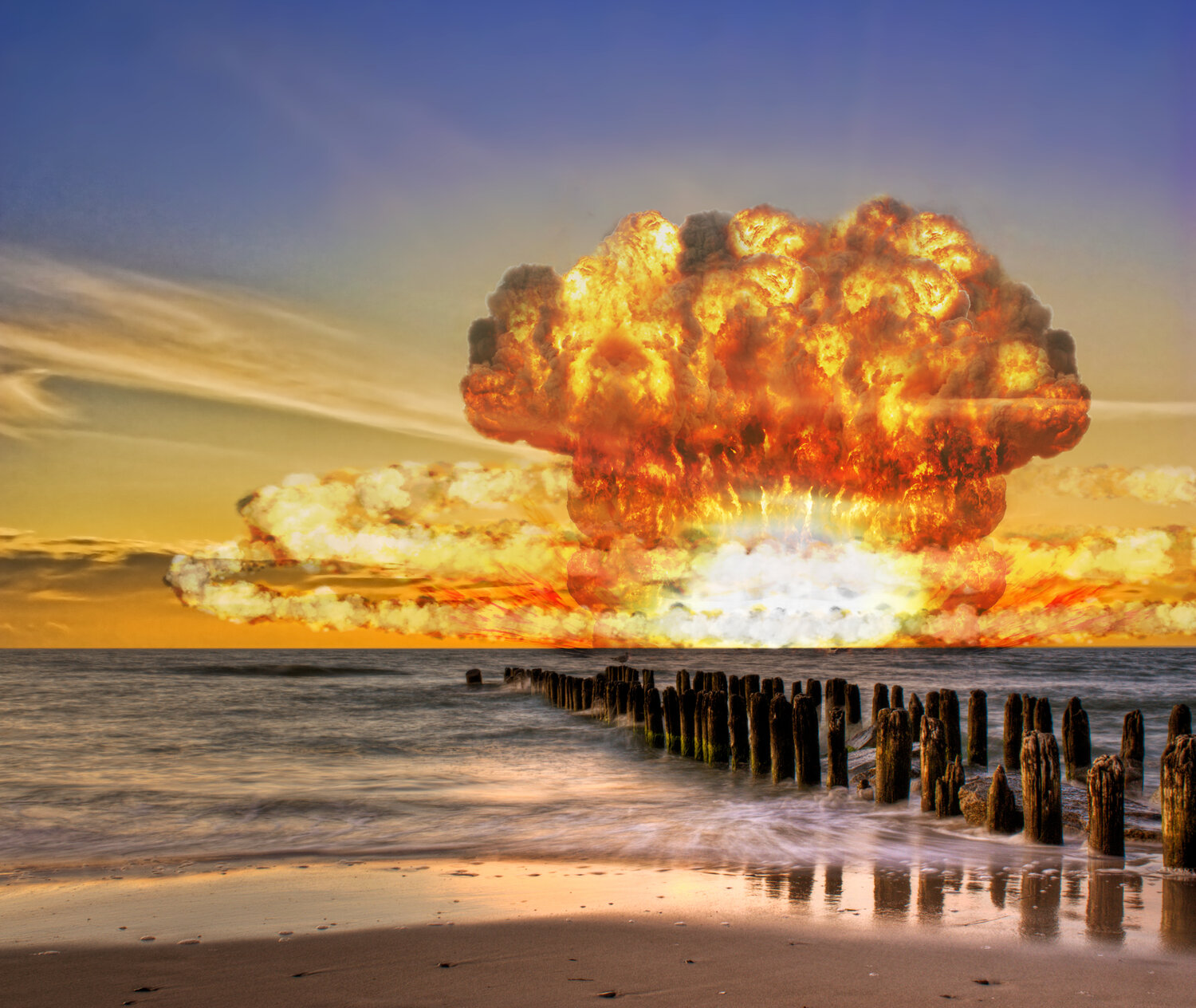
This is something Stanion Studios — the creators of the ocean-based and action-packed
game TideTurn — want to address. While they are passionate about this dire issue, it’s
not something they can fix all on their own.
Enter the gamers.
By engaging with others in our communities – our friends, brothers, sisters, new
acquaintances we meet in-game, we further develop our community. We develop bonds and
discuss what’s important to us, and we effect change by spreading awareness, discussing
ideas, debating options and developing solutions.
Consider Jane McGonigal’s approach to the topic of gamers as drivers of change; as
author of Reality Is Broken, she states: “Gamers always believe that an epic win is
possible, and that it’s always worth trying, and trying now. Gamers don’t sit around.
Gamers are virtuosos at weaving a tight social fabric. There’s a lot of interesting
research that shows we like people better after we play a game with them, even if
they’ve beaten us badly. And the reason is, it takes a lot of trust to play a game with
someone….playing a game together actually builds up bonds and trust and cooperation. And
we actually build stronger social relationships as a result.”
Stanion Studios agrees with McGonical that gamers are resourceful, strategic, attuned to
problem solving, community conscious, and instantly motivated to help total strangers.
These are the characteristics of heroes. By developing bonds, gamers already enact
change in their communities quite effectively, and can also be significant voices for
ocean restoration and conservation. And imagine doing so by playing a game that allows
players to directly engage with urgent ocean issues, but from a fantastical landscape
filled with water beings and advanced technology and characters to care about — just
imagine the kind of change the gaming community could effect? Imagine if World of
Warcraft had a call to action? Imagine if the games we played had a way for us to also
engage with the real world and to make it better? Imagine if our games inspired us to be
a better version of ourselves. That’s one way to turn the tides.
If there’s one thing that’s remained constant in the world of video games, it’s the
generosity and passion behind the gaming community at large.
Direct Relief has received over $9 million from the gaming community since 2016. That
comes from over 53,300 donors. A big chunk of that money has come from Twitch, where
gamers have donated $145 million since 2011, usually donating during charity streams run
by various content creators on the platform.
Speedrunning Twitch event, Games Done Quick, has raised over $19 million to various
charities as of 2019, including Prevent Cancer Foundation and Doctors Without Borders.
Gamers raised over $12.7 million towards the Breast Cancer Research Foundation by
purchasing a breast cancer awareness Mercy skin in Overwatch. At the time, this became
the largest single donation the foundation had ever received.
After esports organization Team Liquid raised $78,482 towards Direct Relief’s COVID-19
aid, poker streamer Lex Veldhuis remarked: “Gamers giving is so awesome because they’re
doing it anonymously. There are no other incentives aside from helping people. Online
nicknames are donating money to a cause like this… It makes it even stronger.”
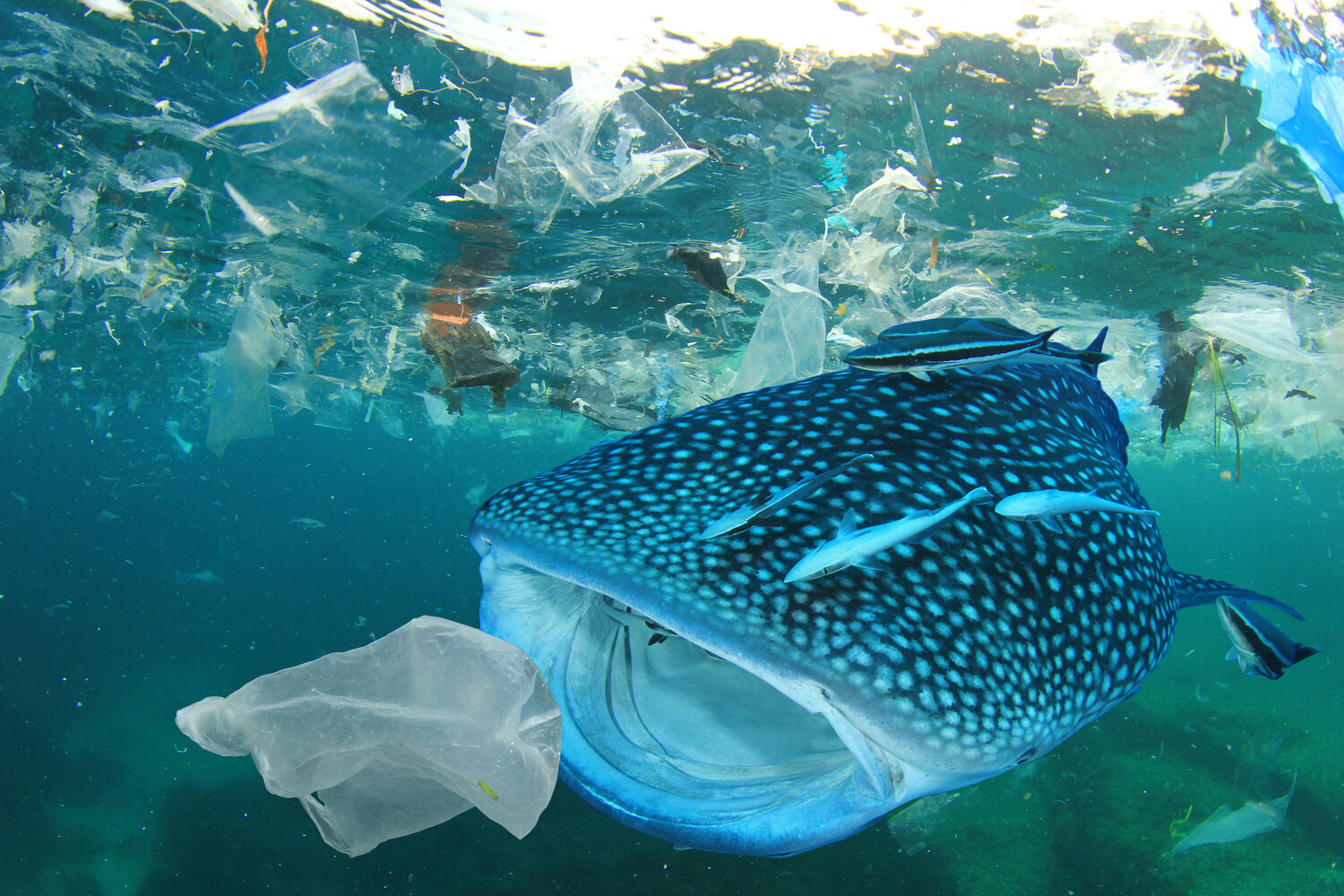
The gaming community has constantly come together for countless charity streams and
tournaments for no other reason than being compassionate. Simply because they care.
Fortnite streamer Tyler “Ninja” Blevins and Jimmy “MrBeast” Donaldson were among those
that raised over $1,000,000 for gamers with disabilities when Fall Guys held a skin
bidding war.
In a recent TED Talk, McGonigal noted that video game playing empowers players to make
positive changes and collaborate to achieve success. They’re inspired to do something
that matters. Basically, we are our best selves when we play video games.
“How are we going to solve real-world problems in games? […] We don’t want to predict
the future. We want to make the future. We want to imagine the best-case scenario
outcome and then empower people to make that outcome a reality,” McGonigal said.
Gamers are motivated to “collaborate and communicate, the most likely to help at a
moment’s notice.” There’s always something specific and important to do. TideTurn is a
game that understands this concept — the epic win, the epic in-game story. But it’s a
game that wants to also bring that opportunity to the real world.
Enter the game developers.
After volunteering at the Monterey Bay Aquarium in Santa Cruz, California as a child, Ian Stanion started seeing the horrors caused by pollution. Stanion became very passionate about the destruction of the ocean. His first instinct? Create a video game that promotes ocean conservation.
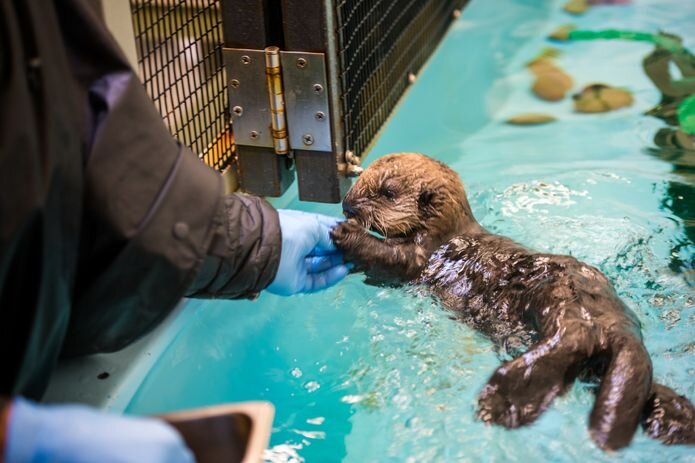
Video games are a great platform for conservation because it’s already an interactive
space,” Stanion, TideTurn’s Lead Game Designer, said. “Gamers are already experts at
reaching out and investigating everything; they are problem solvers that strategize and
team up with often complete strangers, and I think this type of headspace lends itself
naturally to thinking about and improving the real world.”
“Providing a game that helps players put that kind of energy and creativity into good
causes while still having fun seems like the perfect and right objective for a gaming
studio.”
— Ian Stanion
That’s where the concept for TideTurn began. It’s a game that highlights the damage
humanity is causing the oceans and the creatures within it. This is something the
Atlantians see first-hand through pollution and the melting of ice caps — and it’s
something they can’t ignore. Their court decides it’s time to forcibly stop humans from
doing irreversible destruction to the ocean. Even if it means fighting on land.
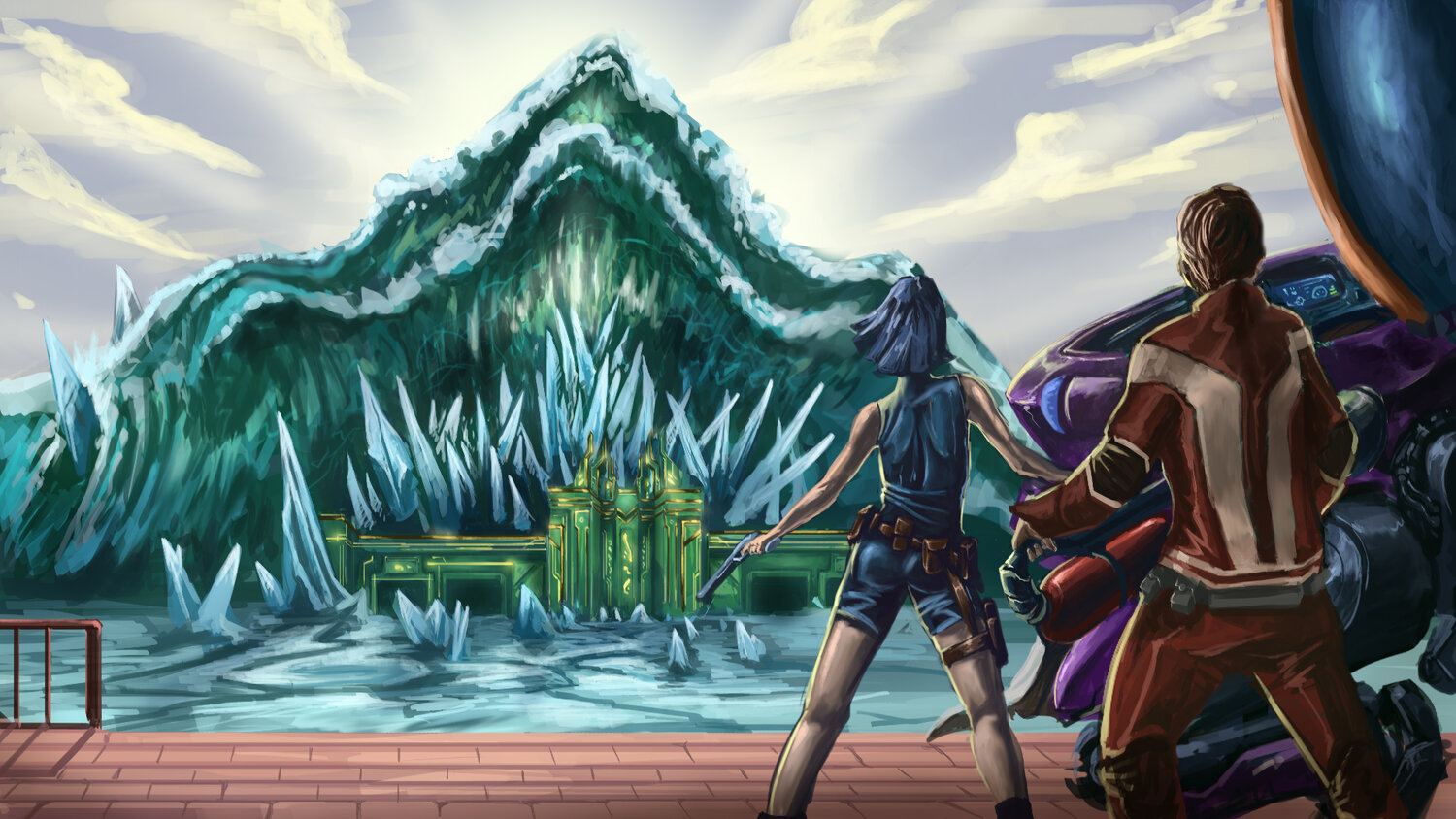
The slowly unraveled and intricate backstory of TideTurn also touches upon humanity’s
attempts to fix what damage they’ve done. As the campaign progresses and more lore is
released, players will begin to understand just how far the Atlantians go to stop the
devastation of the world’s waters.
Stanion isn’t alone in understanding the impact games can have on the gaming community —
and the world. Other indie games have decided to step up and address ocean conservation
as well. Some games have even included marine biologist advisors in their creation
process, allowing players to see first-hand what a polluted ocean would look like in the
future.
While other conservation-based games aim to bring players into that world, TideTurn
hopes to bring that world to the gaming community.
Something that Stanion always wanted while creating the tactical, strategic third-person
shooter was to inspire gamers to come together and use their passion to generate change
for the ocean’s future. TideTurns marketing team is working just as hard as programmers
and engineers leading up to the game’s launch, creating charity stream plans and
fundraising campaigns for the gaming community and its creators.
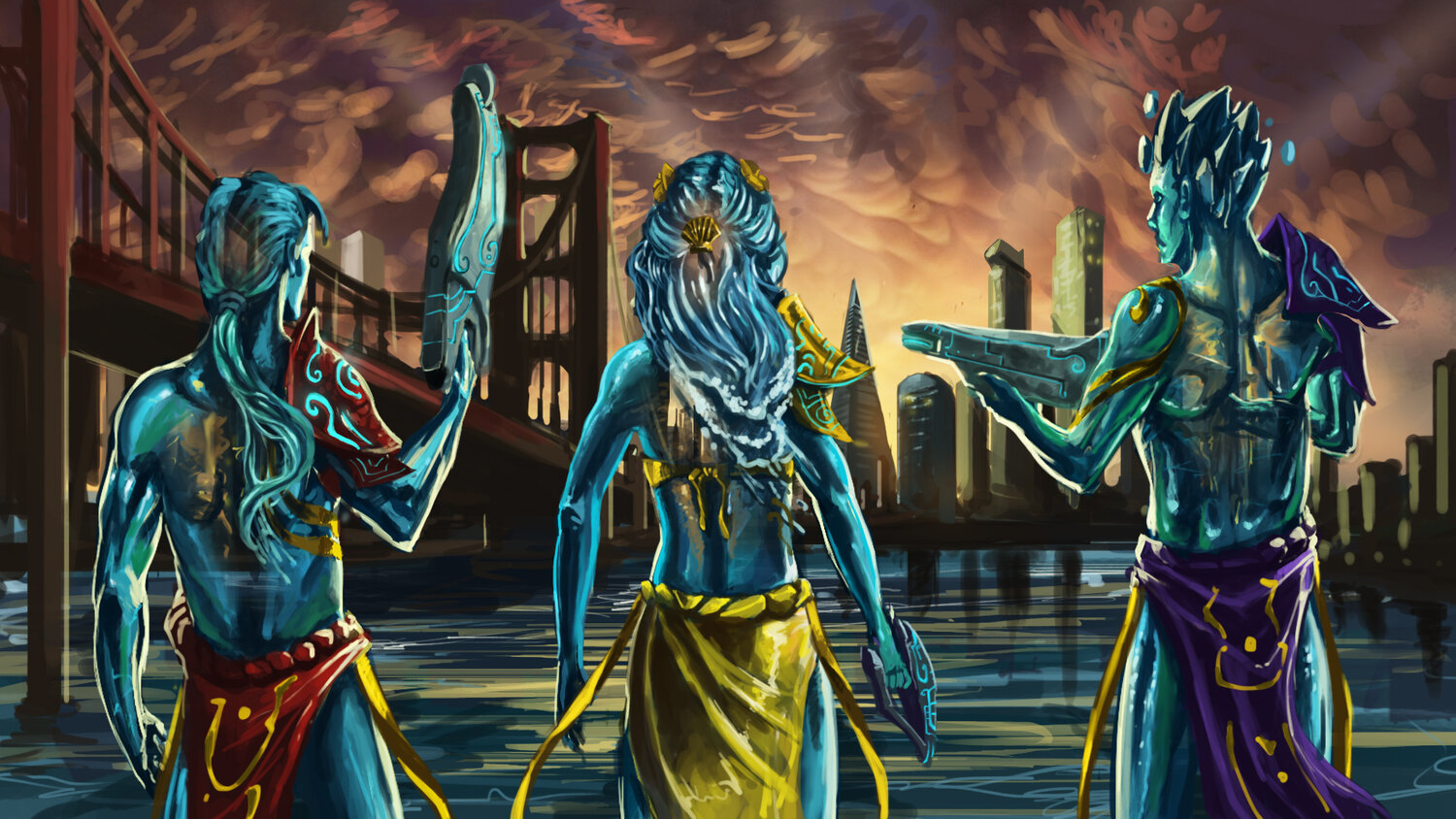
While there have been countless successful campaigns throughout the gaming community over
the past few years, Stanion noted that most are not specific to the ocean. Despite the
ongoing pollution and devastation to the earth’s waters, it can sometimes be forgotten
because so much decimation happens out of everyone’s view. Still, ocean conservation is
“absolutely critical,” he noted.
TideTurn is an action-packed game with strategic multiplayer modes — but a lot of the
action will also happen outside the game. The game itself is just the beginning. Stanion
Studios intends to focus on ocean restoration, and to raise awareness about the critical
state of the world’s waters. Bringing this awareness to the gaming community might make
a significant difference, and might start to heal the world with the help of TideTurn’s
playerbase.
“Everyone lives on this planet and so we all must be involved in some way with taking
care of it,” Stanion said. “We’ve seen lots of other studios and content creators have
success with donation drives for a variety of great causes, so it’s clear that the
gaming community is really on the ball and willing to contribute to having a positive
impact on the world.”